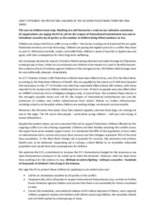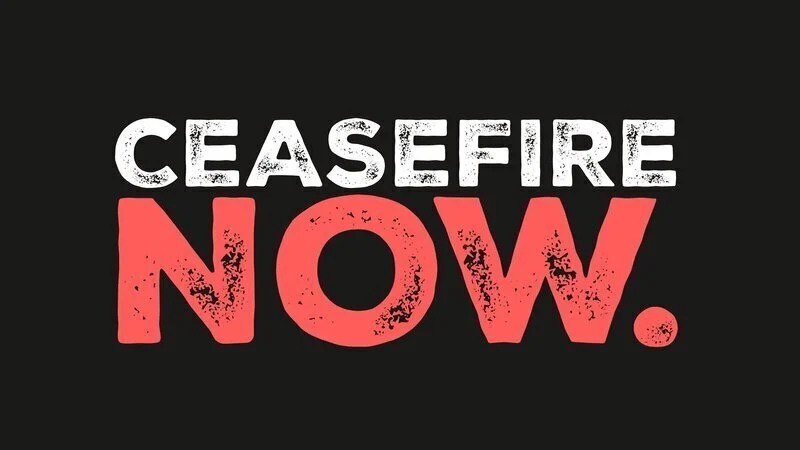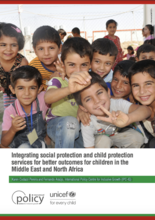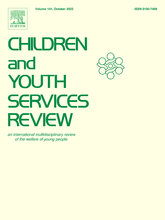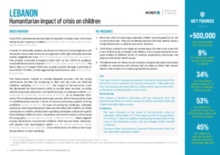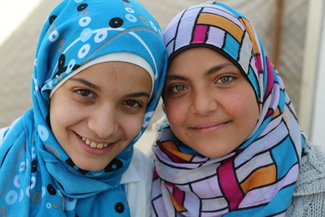

Displaying 51 - 60 of 244
22 organisations are urging the EU to call for the respect of international humanitarian law and an immediate ceasefire by all parties as the number of children being killed continues to rise.
A baby began her life surrounded by chaos and devastation this week. Reportedly named Aya – meaning ‘miracle’ in Arabic – she was born under the rubble of Monday’s deadly earthquake, still attached to her mother’s lifeless body by the umbilical cord when rescue workers found her.
Thousands of children and families are at risk after two devastating earthquakes and dozens of aftershocks hit south-east Türkiye and Syria today.
This research report, developed by the IPC-IG and the UNICEF MENA Regional Office for Middle East and North Africa, presents five case studies that demonstrate how integrated social protection and child protection systems enhance efficiency, especially of the social service workforce, and improve socio-economic and child outcomes: Tunisia, Morocco, Iraq, Egypt, and Brazil.
The UN Child Rights Committee (CRC) today issued its findings on Germany, Kuwait, North Macedonia, the Philippines, South Sudan, Ukraine, Uzbekistan and Viet Nam after reviewing the eight States parties during its latest session.
The purpose of this qualitative study is to explore the experience of birth children of foster parents. The study examines the retrospective narratives of 14 Israeli adults, ages 18–38, whose families fostered a child for at least one year in the context of the Israeli foster care system.
This report aims to increase awareness of the scale and severity of the economic crisis in Lebanon over the past three years. It describes how the crisis disproportionately affects children and is likely to have short-and long-term consequences on their future.
This study focused on Israeli care leavers a decade after leaving care and explored various factors associated with satisfaction with both intimate relationships and parenthood.
A slim and chilling new book has ignited a public debate in France on the country's refusal to bring back hundreds of French children who were left in Kurdish camps in Syria.

